Engine idling: current laws, penalties and proposed changes
Councils may soon issue on-the-spot fines to offending drivers
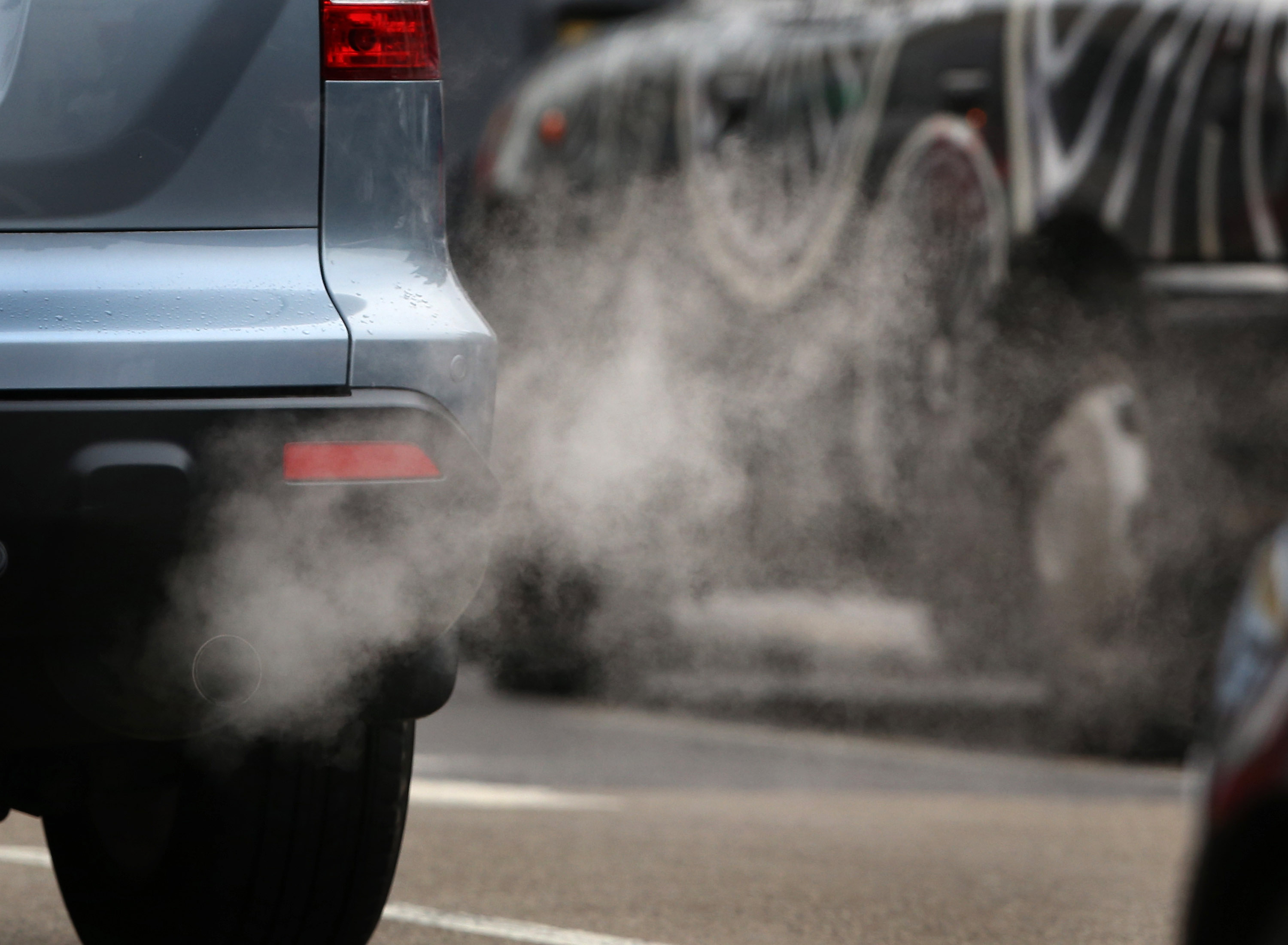
A free daily email with the biggest news stories of the day – and the best features from TheWeek.com
You are now subscribed
Your newsletter sign-up was successful
Drivers may soon face instant fines if they leave their engine running while stationary in traffic.
Environment Secretary Michael Gove has backed calls to give local councils the ability to penalise drivers who are caught with their engines running on multiple occasions. But he stressed the fines should be used “proportionally”, The Times reports.
Councils say that idling engines cause unnecessary pollution as cars can produce “higher exhaust emissions” when they are not moving than when in motion, the newspaper says.
The Week
Escape your echo chamber. Get the facts behind the news, plus analysis from multiple perspectives.

Sign up for The Week's Free Newsletters
From our morning news briefing to a weekly Good News Newsletter, get the best of The Week delivered directly to your inbox.
From our morning news briefing to a weekly Good News Newsletter, get the best of The Week delivered directly to your inbox.
Engine idling is already an offence in the UK and drivers can face fines if caught.
The new laws, if given the green light, would allow councils to fine offending drivers without warning.
Westminster City Council has also “urged” the Government to allow for penalties of around £1,000 for companies whose drivers are repeatedly caught with their engine running, The Guardian reports.
The council, which has issued 37 fines to drivers for engine idling since 2017, claims that “delivery drivers and commercial vehicles were the worst offenders”, the newspaper adds.
A free daily email with the biggest news stories of the day – and the best features from TheWeek.com
What has been the response?
Gove’s backing of instant fines for drivers who leave their engines running has been welcomed by council members.
Adam Harrison, cabinet member for environment at Camden Council in north London, said that instant fines would send “a very clear message that drivers across the land would hear”, reports the Times.
Meanwhile, Jonathan Grigg, a professor at Queen Mary University of London, told the paper that fines should be handed out to people who leave their engine idling outside places where vulnerable people could be exposed to air pollution, such as GP surgeries and schools.
“The days of warning people are over, we need to move to more standard enforcement,” he added. “There will be howls of outrage but as soon as people know they are going to be fined they will be much more careful.”
But Nickie Aiken, head of Westminster City Council, says “we need to change the way people think about engine idling” and that fines “should be a last resort”, The Independent reports.
“Having spoken to more than 20,000 drivers so far, our air quality marshals found that most who idle do so out of habit,” she said. “Once they know the damage it causes, including the health risks, and they’re asked to switch off the engine, they do and think twice before idling again.”
What is engine idling?
Engine idling is when a driver leaves their engine running when the vehicle is stationary. This is often done while sitting in traffic, or waiting to pick someone up.
While the practice seems innocuous, a vehicle is still emitting harmful exhaust gases when its engine is idling, the RAC says. These include carbon dioxide, nitrogen dioxide and carbon monoxide.
Not only are these harmful to the environment, but they also have an impact on pedestrians and are linked to “asthma and other lung diseases”, the breakdown service says.
What are the current laws?
Drivers can already be fined for leaving their engine running.
Under section 42 of the Road Traffic Act 1988, local councils can hand drivers a fixed penalty of £20 for leaving their engine running “unnecessarily while that vehicle is stationary on a public road”, reports confused.com. The penalty rises to £40 if it is not paid within a certain time.
Penalties can be as high as £80 in certain areas of London “where extra measures to cut road emissions are being undertaken”, the comparison website says.
However, fines can run into the thousands of pounds if drivers are caught by police.
-
 Health insurance: Premiums soar as ACA subsidies end
Health insurance: Premiums soar as ACA subsidies endFeature 1.4 million people have dropped coverage
-
 Anthropic: AI triggers the ‘SaaSpocalypse’
Anthropic: AI triggers the ‘SaaSpocalypse’Feature A grim reaper for software services?
-
 NIH director Bhattacharya tapped as acting CDC head
NIH director Bhattacharya tapped as acting CDC headSpeed Read Jay Bhattacharya, a critic of the CDC’s Covid-19 response, will now lead the Centers for Disease Control and Prevention
-
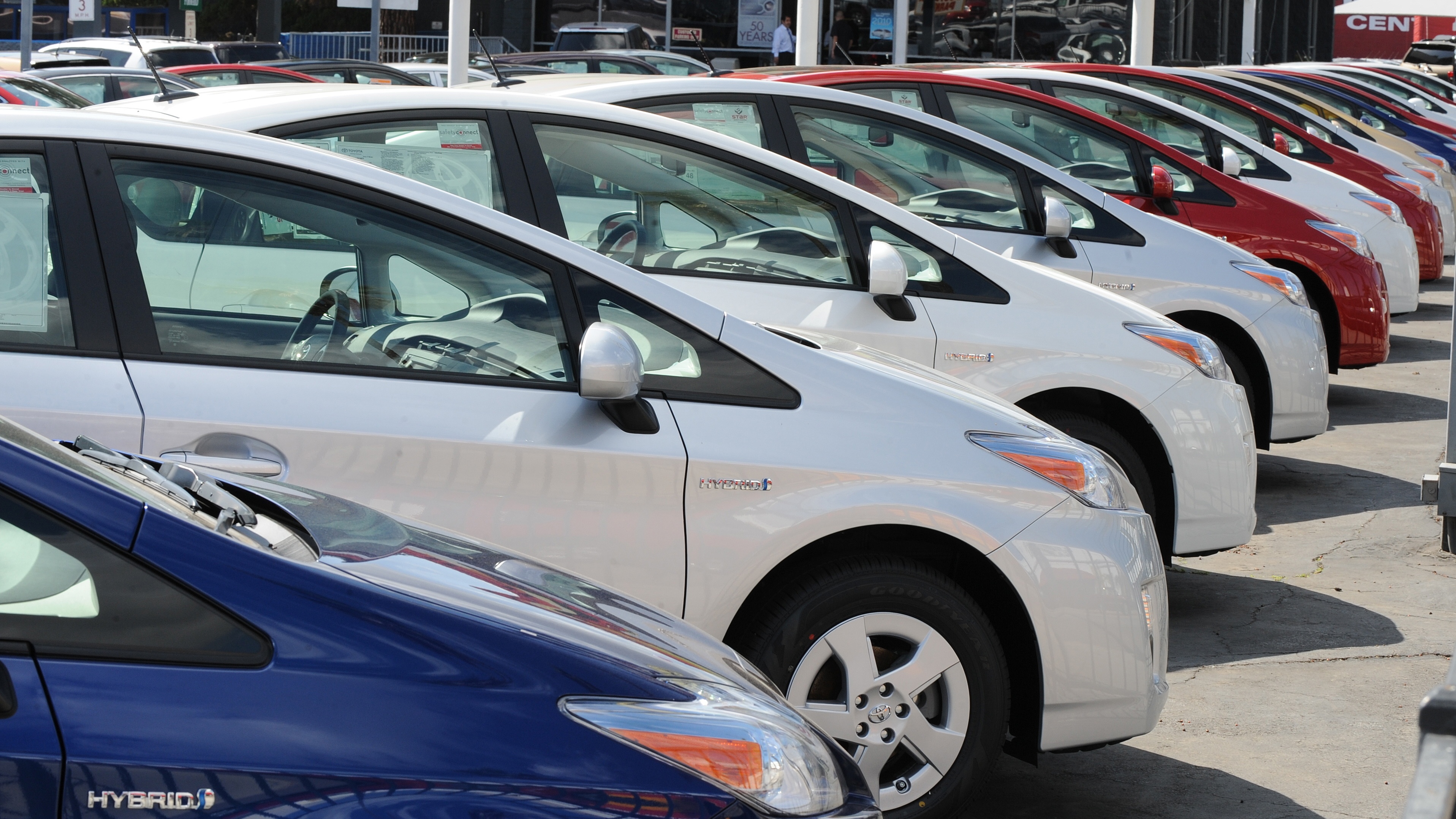 The pros and cons of hybrid cars
The pros and cons of hybrid carsPros and Cons Part-electric vehicles produce lower emissions but they may not work for every lifestyle
-
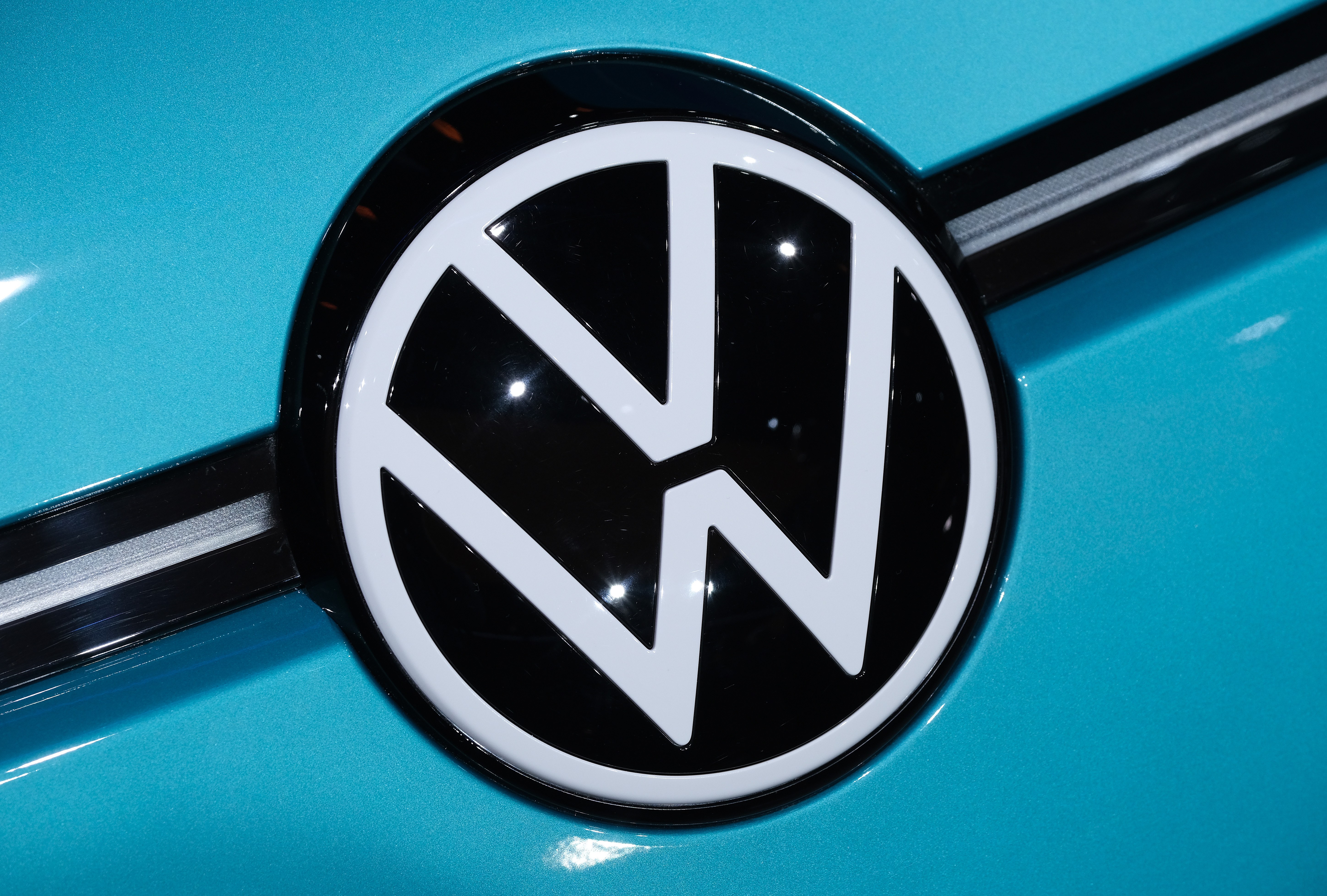 Volkswagen emission scandal: largest legal case in German history begins
Volkswagen emission scandal: largest legal case in German history beginsIn Depth More than 400,000 customers seeking compensation from the carmaker
-
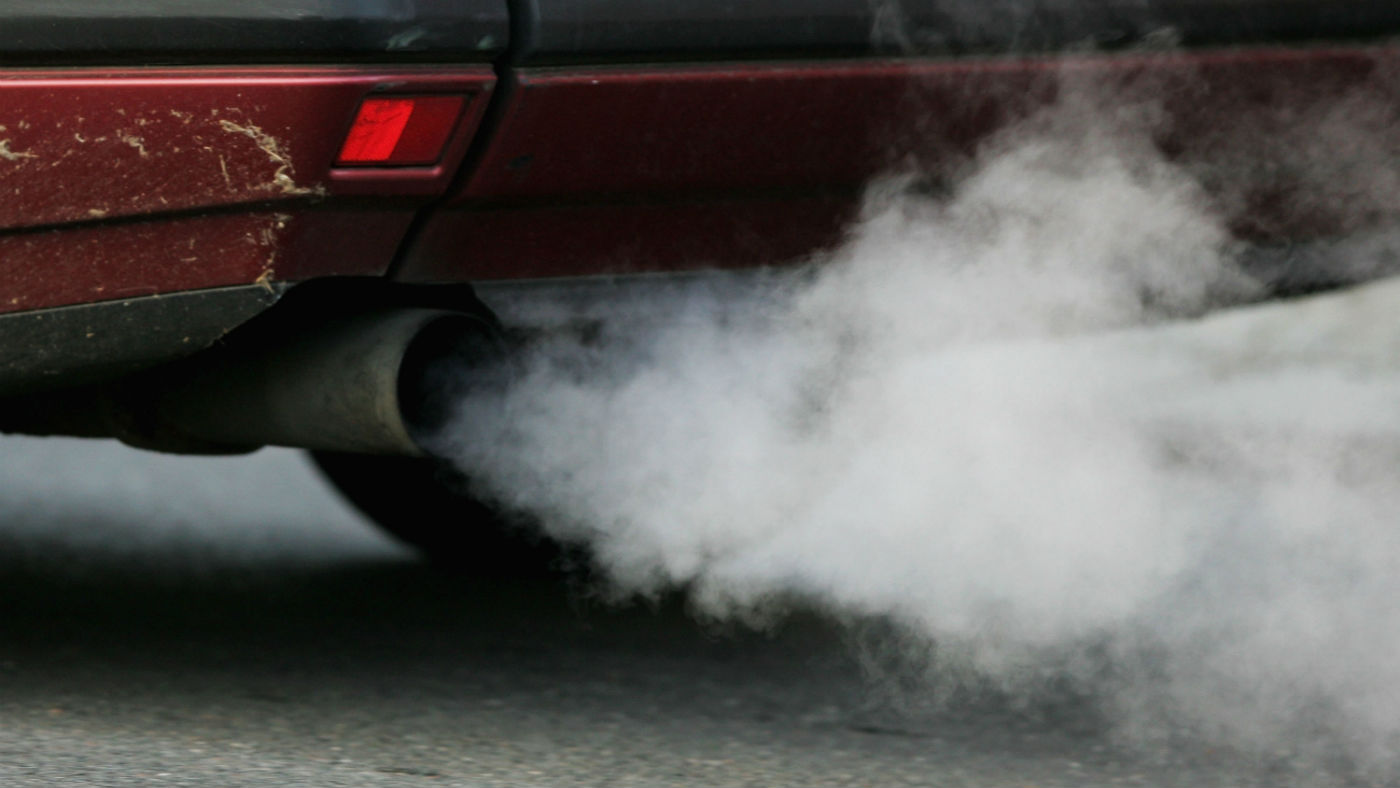 Why road transport emissions are still climbing despite electric car boom
Why road transport emissions are still climbing despite electric car boomIn Depth Campaigners call for curb on car use in light of greenhouse gases increase
-
 EU finds BMW, Volkswagen and Mercedes parent Daimler guilty of ‘emissions collusion’
EU finds BMW, Volkswagen and Mercedes parent Daimler guilty of ‘emissions collusion’Speed Read German car giants allegedly prevented green technology from reaching the market
-
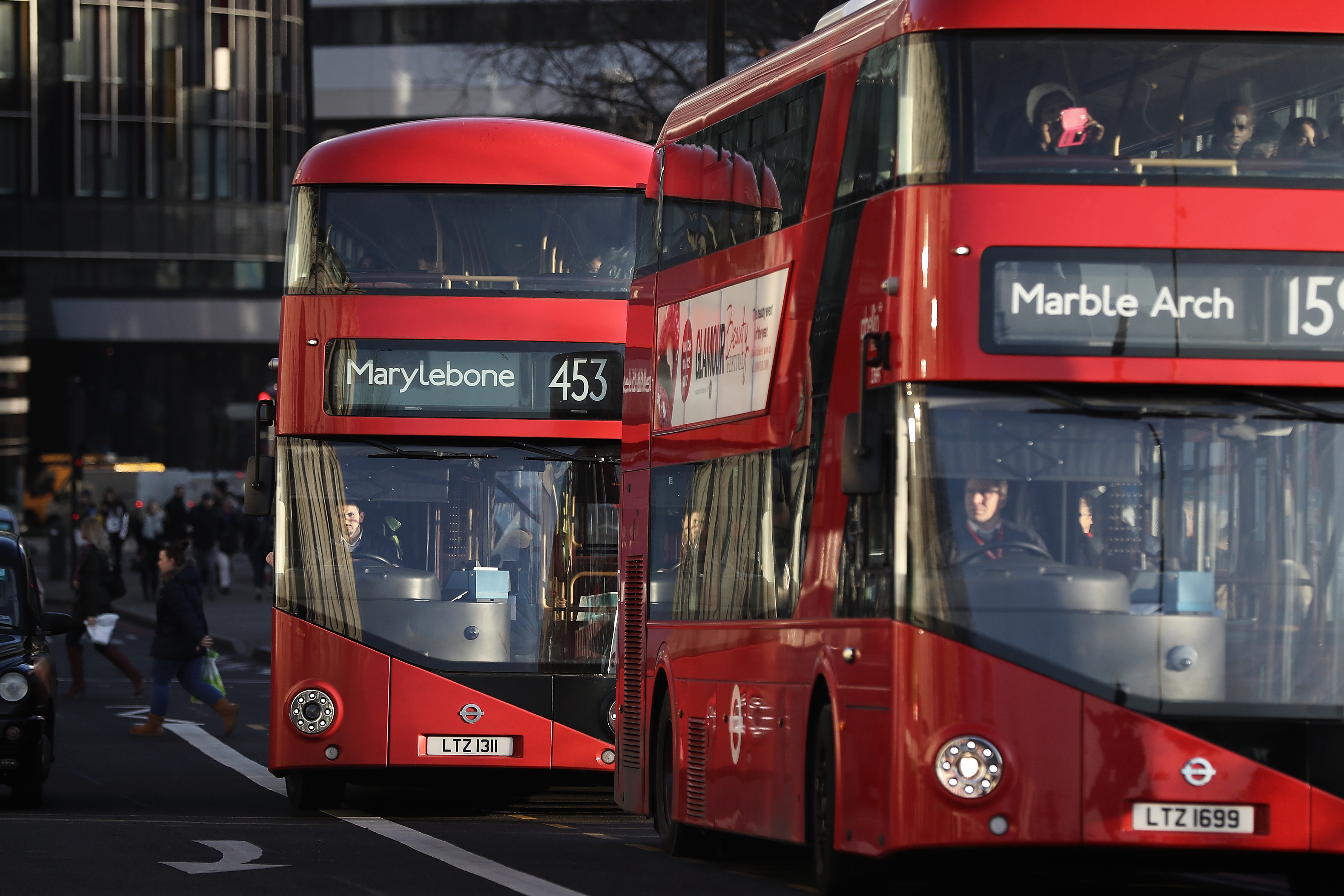 Drivers to be paid £3,000 a year to ditch their cars
Drivers to be paid £3,000 a year to ditch their carsSpeed Read Trials will begin in Coventry later this year to encourage motorists to use bikes or buses
-
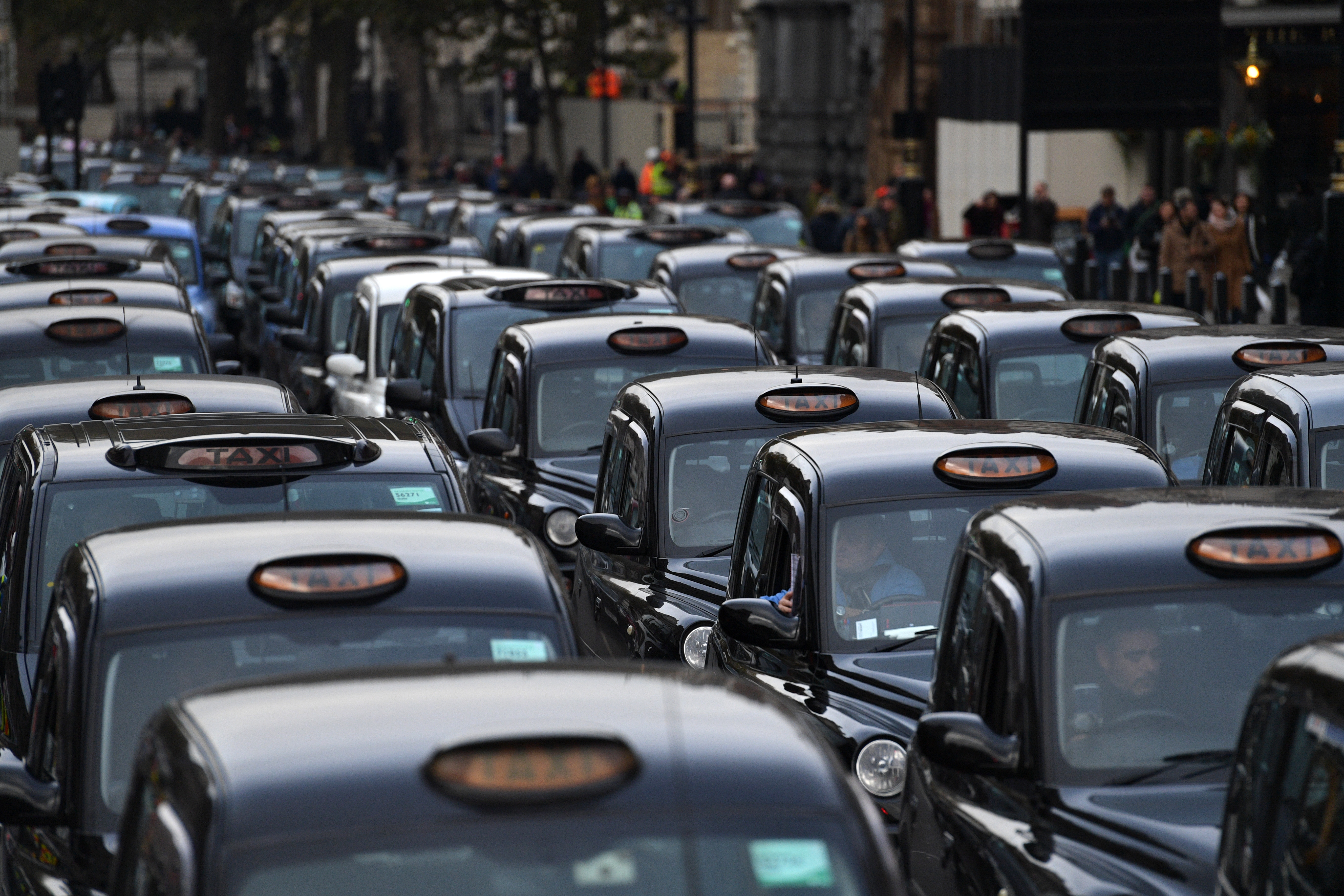 London black cabs up to 30 times more ‘toxic’ than cars
London black cabs up to 30 times more ‘toxic’ than carsSpeed Read Sadiq Khan says ‘damning report’ on taxi pollution shows need for upcoming ULEZ
-
 EU illegally relaxed emission laws for diesel cars, court rules
EU illegally relaxed emission laws for diesel cars, court rulesSpeed Read Judgment means European authorities can now stop Euro 6 diesel vehicles from entering their cities
-
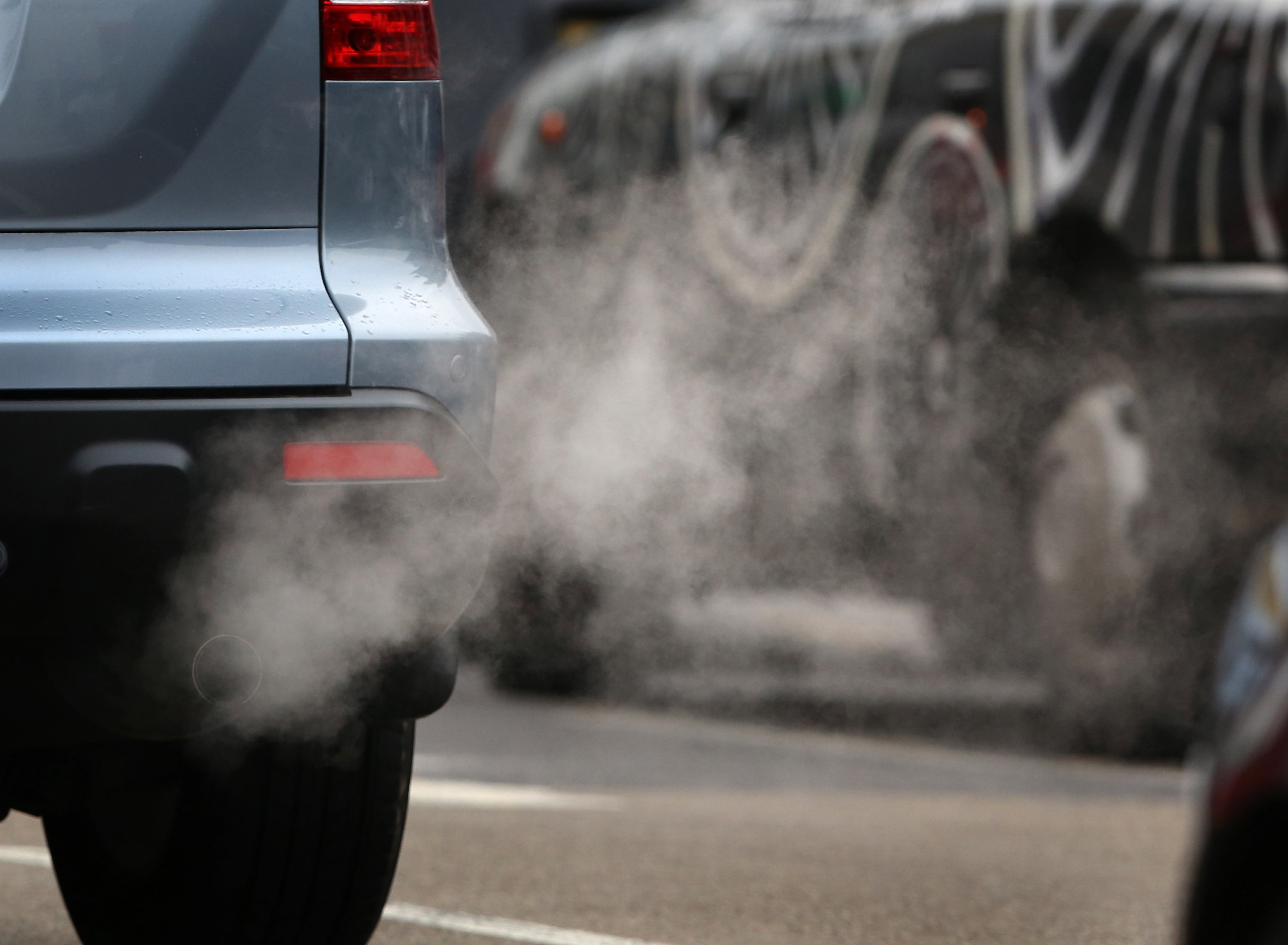 London ULEZ expansion: who is affected, plus charges, penalties and how to pay
London ULEZ expansion: who is affected, plus charges, penalties and how to payIn Depth Ultra Low Emission Zone now covers an area of London 18 times larger than before – here’s everything you need to know